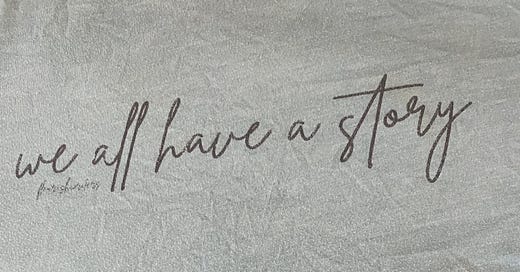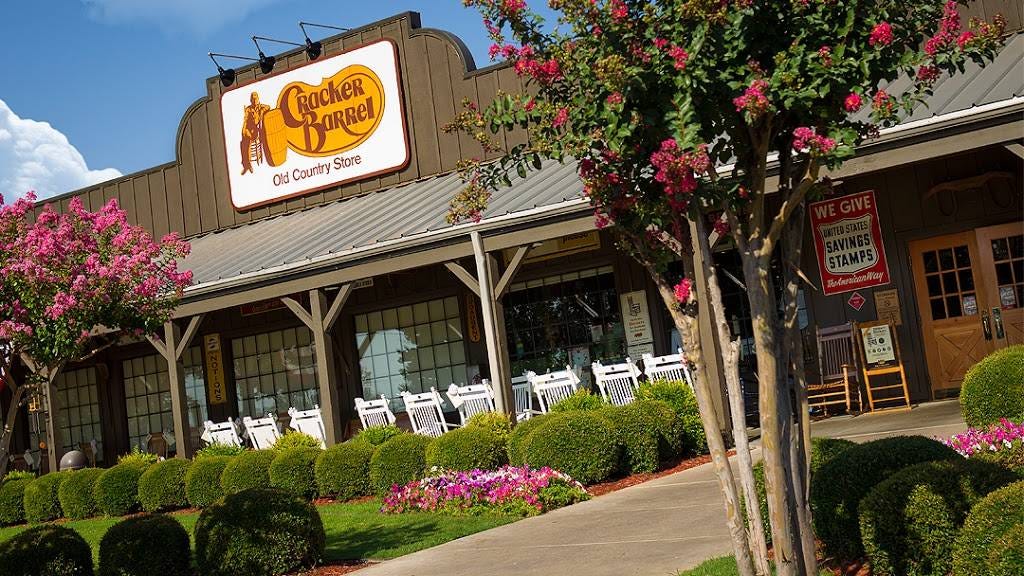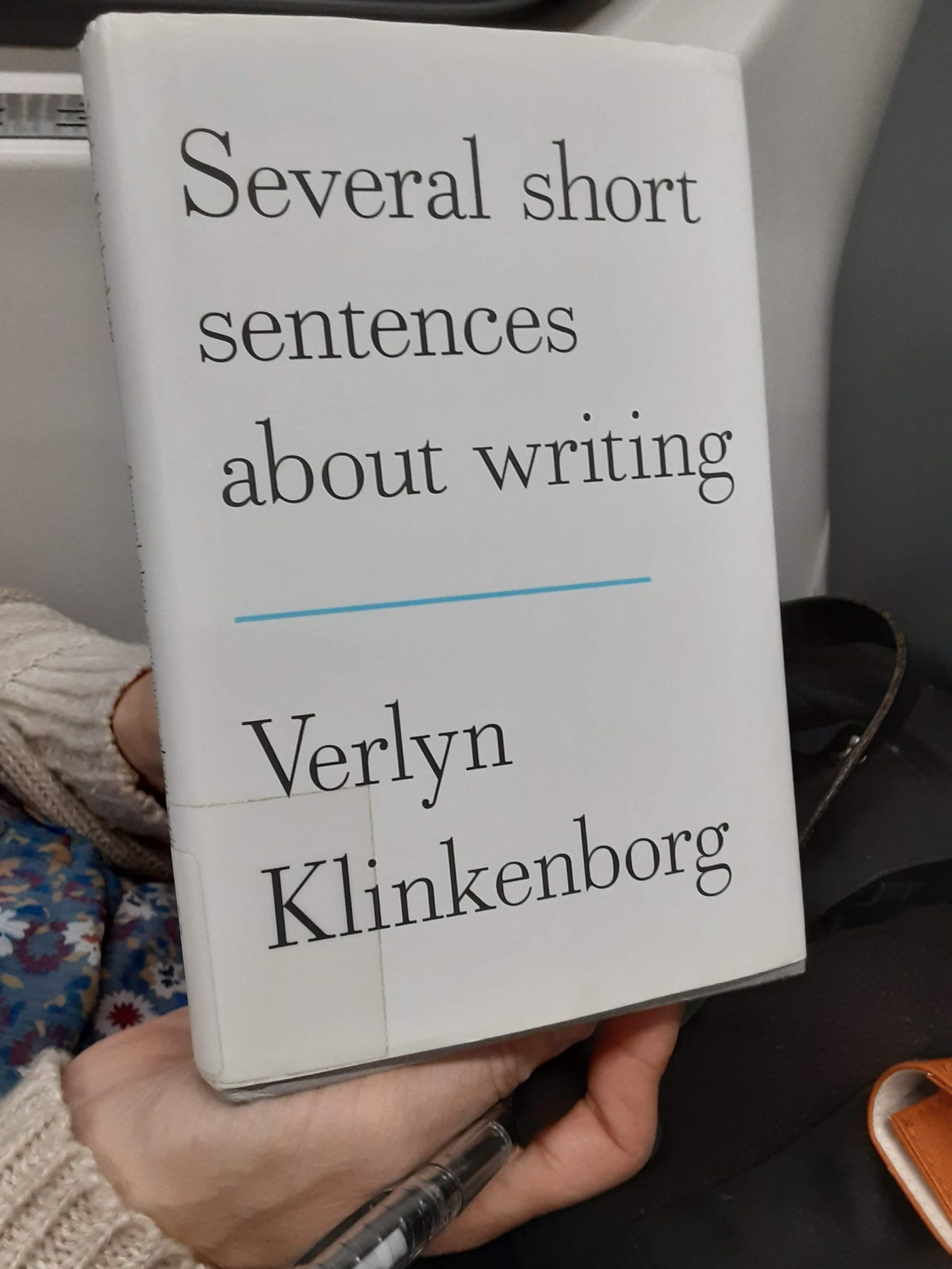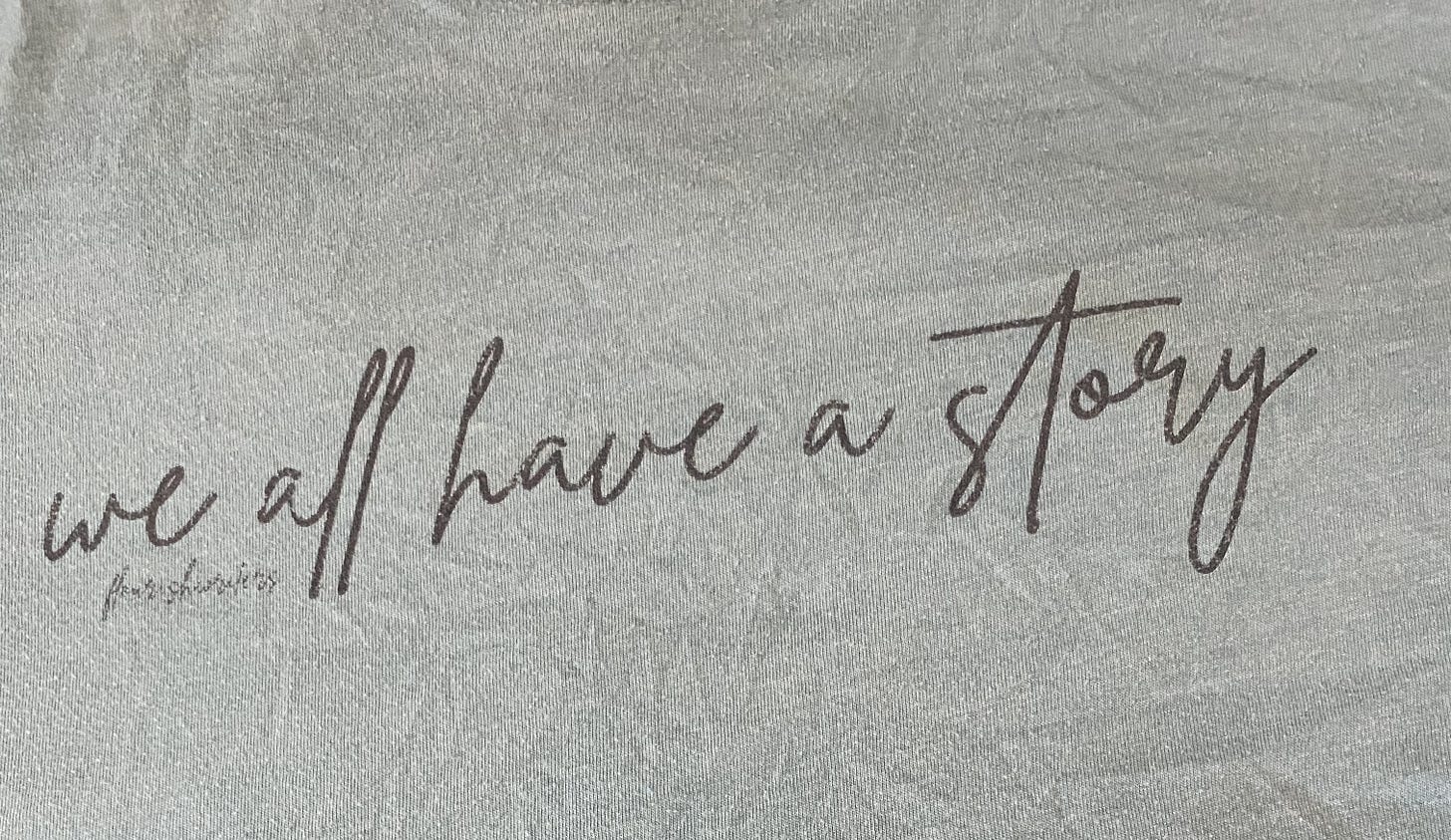It had been a lovely day at the beach, seeking some sun and surf to soothe the challenges of a difficult summer. As always, the lapping of the ocean waves against the shore had calmed me. I’d lost my beloved father a few weeks ago, but the beach town where he had resided in his retirement years was still my second home. The familiar streets and shops offered me comfort.
Sunburned, windblown, and pleasantly tired, my son and I had walked across our hotel parking lot to Cracker Barrel for a casual supper. We’d been seated quickly and given the pleasant waiter our order. Allen, my autistic adult son, is not much of a dining conversationalist; he played with the peg board puzzle while I pulled out the “flood book” I always kept in my purse. Years ago, I’d attended a library workshop where the presenter had suggested one “always carry a flood book because you never know when the waters will rise.” I’d thankfully never been in a flood, but a succession of books in my purse had seen me through emergency room visits, less-than-scintillating professional development meetings, and traffic jams.
Today’s “flood book” was pocket-size: Verlyn Klinkenborg’s Several short sentences about writing. Months ago, a seat companion on the afternoon train had been reading it. Always interested in anything about writing, I’d gone home and ordered it.
I glanced up from my book as the waiter placed our well-laden plates in front of us. Just then, a man and a woman were seated at a table near the corner. The woman looked in my direction; she nodded and smiled. This was the beach, where folks did that sort of thing. I nodded and smiled back.
Then I tucked into my food.
The food was consumed. Satiated and sleepy, I asked for the check. I noticed the couple across from me had received their dinners.
“Our lives are full of endings. The sun goes down every day. We ask for the check. Eventually, it comes.”-Verlyn Klinkenborg
The woman looked up at me, smiled, and nodded.
I smiled and nodded back.
“Excuse me for a minute,” I said to my son, Allen. I made my way past the displays of giant lollipops and boxes of pancake batter to the ladies’ room where there was, as usual, a line. I waited patiently, perhaps dozing just a little, until a stall door opened and it was my turn.
I’m a teacher with a three-minute window between classes; I never dawdle. When I pushed open the stall door to exit, there stood the woman who had smiled and nodded at me. Twice.
“I love your T-shirt,” she said. “So true, isn’t it?” Then she leaned in conspiratorially. “I have one to tell.”
I was startled enough out of my post-beach daze to be polite. “Oh, thank you. Yes, it’s true.” Then I washed my hands and left.
Just what was written on my T-shirt? I wondered. Truthfully, I had donned it so quickly after getting out of the shower that I simply couldn’t remember. I hurried back towards the dining room, catching a glimpse of myself in a mirror display.
It was a T-shirt from Flourish Writers, the Christian writing group I had joined shortly before my husband died. It said, We all have a story.
This dear woman had been trying to tell me that SHE had a story.
And I didn’t listen.
I could blame it on the heat and the sun and my drowsy head. I could blame it on the recent losses that had sent me to take solace at the beach.
But I knew I had failed that nameless woman. What was her story? Who would listen to it if I did not? Who would help her tell it?
I’d hoped to see her again, but Allen had joined me at the cash register with the check while she, I assume, went back to her table, her story yet to be told.
I pray for her now; only my T-shirt had words for her, but those words spoke to her heart. They opened a slit, a brave desire to tell her own story.
Next time, I’ll make sure I use my own words. I will have several short sentences to say.
I’d like to hear your story.
I can help you tell your story.
Telling our stories helps others.
Have you ever felt you missed the opportunity to speak to someone about something important? Did it change anything about you?






